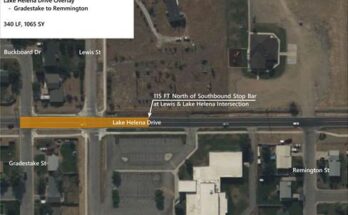Montana Attorney General Austin Knudsen and 11 other state attorneys general have written a letter to President Biden, urging him to stop providing Iran with access to funds that are supporting terrorism.
The letter highlights their concerns with the sanctions waiver issued by the president in November, which gave Iran access to over ten billion dollars from frozen accounts in Iraq, Oman, and Europe. Iran is known to be one of the world’s top funders of terrorism. In December, the Department of Treasury confirmed that Iran made at least two transactions during that time for unknown amounts and purposes.
“We do not know whether more transactions have been conducted using Iran’s frozen terror fund,” the attorneys general wrote. “We do know what Iran has been doing with its money since you issued the November waiver: Attacking and killing Americans, attempting to shut down international shipping through the Red Sea, and launching non-stop terrorist attacks against Israel on multiple fronts.”
Iran is functioning as a global bank for terrorism, funding groups such as Hamas and the Iraqi terror militias that killed three Americans in Jordan two months ago.
More terror suspects than ever before are also using the Biden administration’s unsecured border to cross into the United States. By giving Iran access to more money, the president is increasing the risk that an Iran-sponsored terrorist will sneak into the United States. Additionally, Iran’s Houthi terror group in Yemen has launched missile and drone attacks against U.S. Navy ships in the Red Sea in an effort to paralyze international trade.
The waiver also puts American multinational banks and companies at risk of unknowingly engaging in illegal or even criminal terrorist finance activities since there is no transparency as to the European and Middle Eastern banks involved in processing transactions with or for Iran.
“Given our duty to enforce State money-laundering and terrorism statutes, and our deep concern for our national security, we ask that you keep Iranian funds—in Iraq, Oman, Qatar, Oman, and anywhere else—frozen,” the attorneys general wrote.


